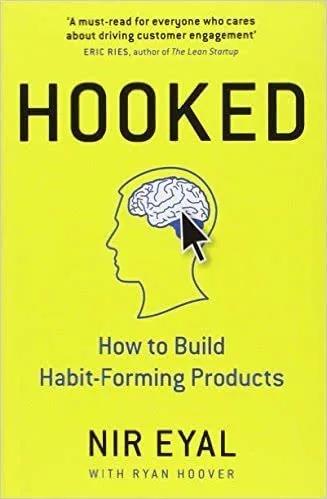
How to Heal Bed Bug Bites: A Comprehensive Guide
Bed bug bites can be quite uncomfortable and itchy, but with the right approach, you can effectively heal them. In this article, we will explore various methods to help you soothe and heal your bed bug bites.
Understanding Bed Bug Bites
 Before diving into the healing process, it’s important to understand what bed bug bites are. Bed bugs are small, flat, brown insects that feed on human blood. When they bite, they inject an anesthetic and an anticoagulant into the skin to prevent you from feeling the bite and to keep the blood flowing. This is why bed bug bites often go unnoticed until they start to itch.
Before diving into the healing process, it’s important to understand what bed bug bites are. Bed bugs are small, flat, brown insects that feed on human blood. When they bite, they inject an anesthetic and an anticoagulant into the skin to prevent you from feeling the bite and to keep the blood flowing. This is why bed bug bites often go unnoticed until they start to itch.
Immediate Relief
 The first step in healing bed bug bites is to provide immediate relief to the affected area. Here are some effective methods:
The first step in healing bed bug bites is to provide immediate relief to the affected area. Here are some effective methods:
1. Cold Compress: Apply a cold compress to the bite area for about 10-15 minutes. This can help reduce swelling and numb the area, providing temporary relief from the itching.
2. Over-the-Counter Creams: Use anti-itch creams or lotions containing hydrocortisone, calamine, or menthol. These ingredients can help soothe the skin and reduce itching.
3. Baking Soda Paste: Mix baking soda with water to create a paste. Apply the paste to the bite area and leave it on for about 10 minutes before rinsing off with warm water. This can help alleviate itching and reduce swelling.
Home Remedies for Healing
 In addition to immediate relief, there are several home remedies that can help heal bed bug bites over time:
In addition to immediate relief, there are several home remedies that can help heal bed bug bites over time:
1. Aloe Vera: Aloe vera has soothing properties that can help reduce inflammation and promote healing. Apply fresh aloe vera gel directly to the bite area and leave it on for several hours or overnight.
2. Tea Tree Oil: Tea tree oil has antibacterial and antifungal properties that can help prevent infection and promote healing. Dilute a few drops of tea tree oil with a carrier oil (such as coconut oil) and apply it to the bite area.
3. Apple Cider Vinegar: Apple cider vinegar can help reduce itching and inflammation. Dilute a small amount of apple cider vinegar with water and apply it to the bite area with a cotton ball.
Preventing Infection
It’s crucial to prevent infection while your bed bug bites heal. Here are some tips:
1. Keep the Bite Area Clean: Gently wash the bite area with soap and water to remove any dirt or bacteria.
2. Avoid Scratching: Scratching can lead to infection and scarring. Keep your nails trimmed and try to resist the urge to scratch.
3. Use Antibacterial Ointment: Apply a thin layer of antibacterial ointment, such as Neosporin, to the bite area to prevent infection.
When to Seek Medical Attention
In most cases, bed bug bites can be treated at home. However, there are certain situations where you should seek medical attention:
1. Severe Allergic Reactions: If you experience difficulty breathing, swelling of the throat, or hives, seek immediate medical attention as these could be signs of a severe allergic reaction.
2. Persistent Infection: If the bite area becomes red, swollen, or oozes pus, it may be infected. In this case, consult a healthcare professional.
Preventing Future Bed Bug Bites
To prevent future bed bug bites, follow these tips:
1. Inspect Your Bed and Furniture: Regularly inspect your bed, mattress, and furniture for signs of bed bugs, such as small, reddish-brown insects, bloodstains, or fecal matter.
2. Keep Your Living Space Clean: Vacuum your home regularly, especially in areas where bed bugs are likely to hide, such as under the bed, behind headboards, and in furniture crevices.
3. Use Bed Bug Proof Covers: Invest in bed bug-proof mattress and pillow covers to prevent bed bugs from accessing your bedding.
By following these steps, you can effectively heal your bed bug bites and prevent future infestations.




